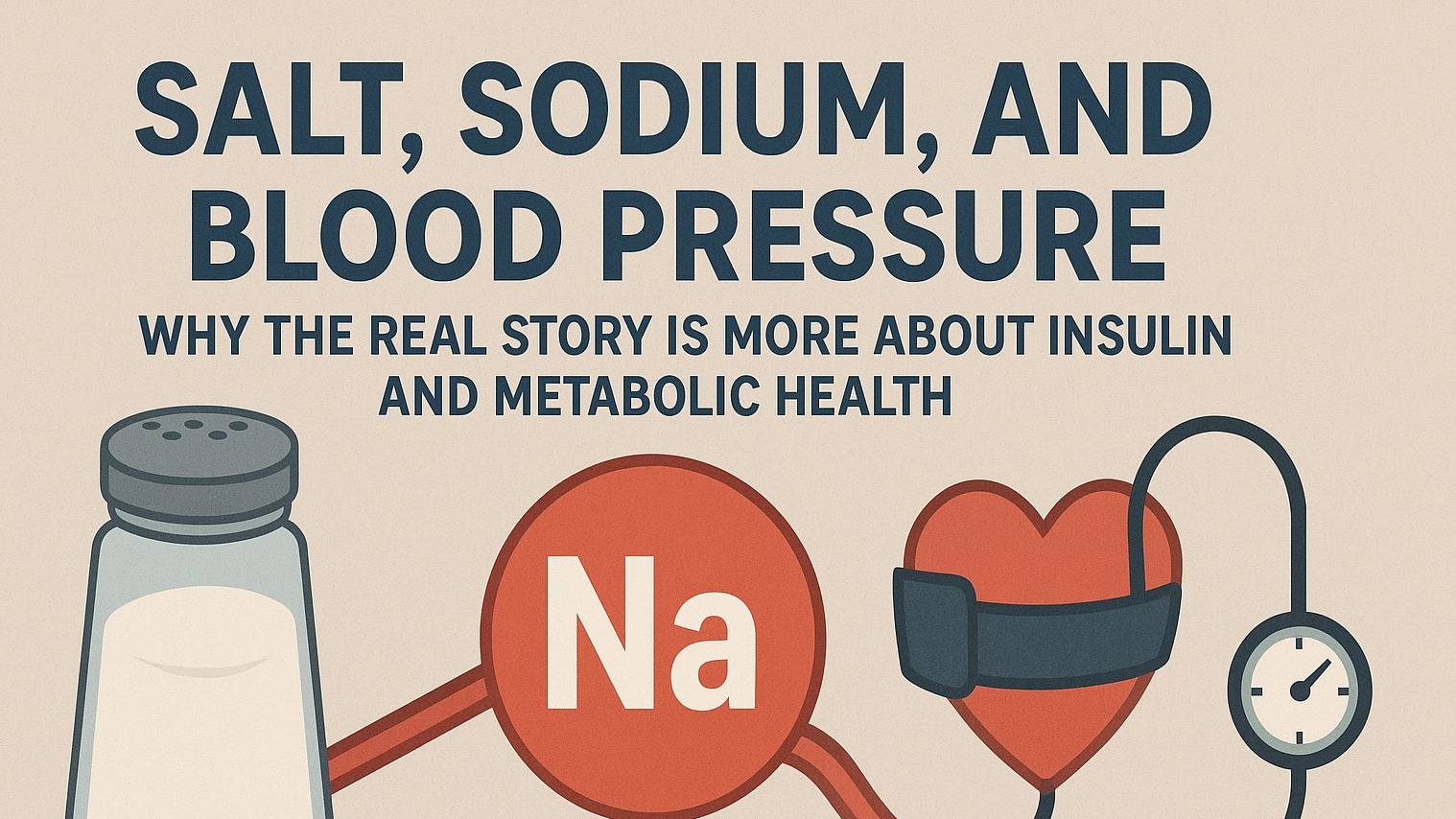
Trying to lose weight? A doctor explains why it’s not all about cutting calories. Some people think that losing weight is simple math. If you eat fewer calories than you burn then weight loss is inevitable, right? Well, that’s the reasoning behind, but the truth behind weight loss is actually a lot more complex.
Not all calories “count” the same way
When it comes to managing your weight, calories count — to some degree — but they don’t all count in the same way. There are three kinds of macronutrients that our bodies use to function: Fats, proteins and carbohydrates. Each macronutrient breaks down into a different amount of calories per gram. Fats have 9 calories in a gram and proteins and carbohydrates each have 4 calories in a gram. So, not only does each macronutrient contain a different number of calories, the body breaks down each kind of calorie differently.
What is a calorie?
You can think of calories as the energy our bodies derive from food. Essentially, calories tell us how much energy it takes for our bodies to break nutrients down. Calories come from any food you eat — whether that’s an orange, orange juice or orange soda.
However, the way the food is processed by the body makes a difference in how the body uses the calories created by breaking down nutrients. Some kinds of nutrients make you feel full because they take longer to break down and therefore stay in your body longer and some are broken down quickly by the body and don’t make you feel sated very long.
Some calories fill you up more that others
Certain foods are especially filling, which means that the calories from those foods give you a lot of bang for the buck — or a lot of fullness for the calories. The satiety index is a ranking that indicates how filling a food is based on equal calorie servings of numerous foods. The rankings show, for example, that calories from boiled potatoes are seven times more filling than the same number of calories from a croissant. Calorie-for-calorie, fish is more filling than beef or eggs. Oatmeal is more filling than bran cereal.
Rather than focusing solely on calories, it’s more effective to become aware of your calorie needs and to develop an understanding of how calories from various foods make you feel. If you manage your appetite with filling foods that are also in line with your body’s caloric needs will help you manage your weight and your hunger levels.
Calories from processed foods and whole foods
Many Americans get a lot of our calories from heavily processed foods — like sodas and packaged snacks, such as potato chips. In fact, research shows that Americans eat about 60% of their calories from highly processed foods. While packaged foods are convenient, our reliance on these foods comes at the expense of other, more nutritious foods — like fruits and vegetables. Some studies also report that processed foods may be linked to unintentional weight gain and related problems, such as higher blood pressure, cholesterol levels and blood sugar levels.
Meanwhile when those same people went on to eat the whole foods diet, the opposite occurred; they lost two pounds. In other words, eating processed food really matters when it comes to gaining or losing weight. So, then, it’s not just the quantity of calories that makes a difference to your body, but also the quality.
There are many factors involved in weight loss
Regulating your body weight is a dynamic process that involves not only the calories and quality of food you eat, but other factors as well.
Other factors that can affect your weight:
- Your genetics, sex, age and overall health.
- Appetite regulating hormones that tell you when you’re hungry and when you’ve had enough to eat.
- Stress levels and sleep quality, which influence your food choices.
- The confidence and mindset that you know how to navigate eating and exercising in various circumstances.
- Access to affordable, nutritious food.
- How often you intentionally exercise and whether you’re new to it or you’ve participated in it for a while.
 Add Row
Add Row  Add
Add 










Write A Comment